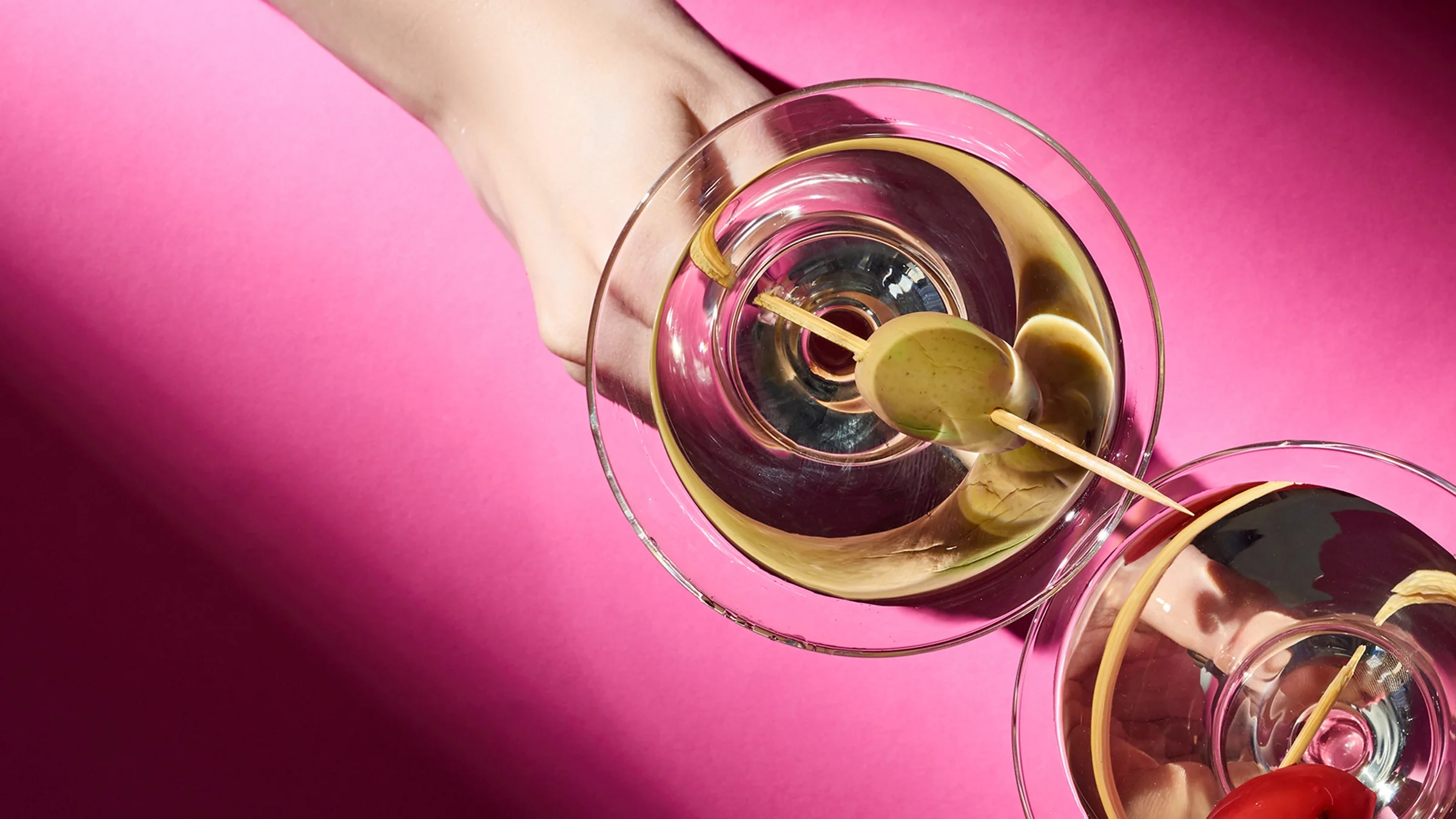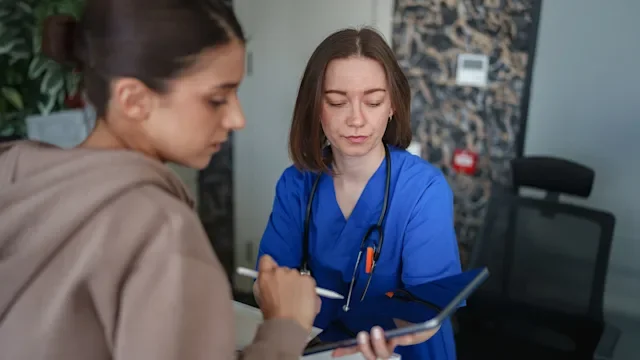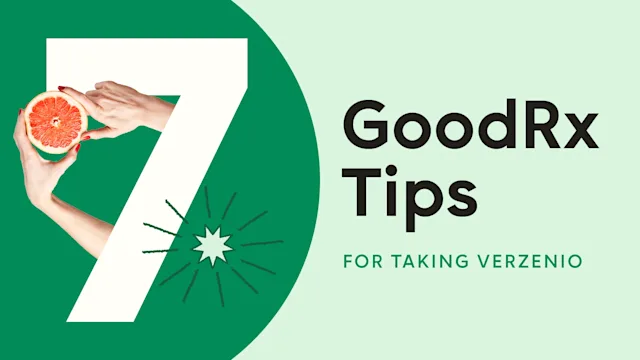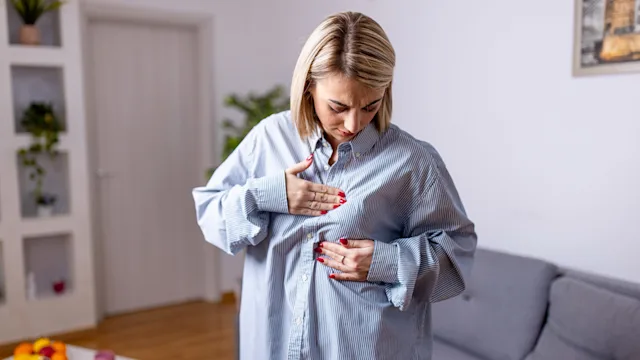Key takeaways:
Research on alcohol and breast cancer has consistently shown that alcohol consumption increases your risk of developing breast cancer.
The more alcohol you consume, the higher the chance of developing breast cancer. This is true for all types of alcohol.
Alcohol is thought to cause cancer in a variety of ways. Most relevant to breast cancer risk, alcohol increases the amount of estrogen in your body.
Alcohol is a common substance in the U.S. But did you know that it’s classified as a carcinogen, meaning that it can cause cancer? It’s known that alcohol can lead to several different types of cancer, in fact. Some of these are liver, esophageal, and head and neck cancers. The link between alcohol and breast cancer is well studied, too.
So, how much alcohol is too much in order to raise your risk of breast cancer? Understanding this relationship can help you lower your risk.
What does the research say about alcohol consumption and breast cancer?
Research shows that alcohol use increases your risk of breast cancer. Many studies have looked at how different levels of alcohol consumption increase breast cancer risk. While the exact numbers vary from study to study, they all point toward a general consensus: The more alcohol you drink, the more it raises your risk of breast cancer.
Some notable studies have shown that:
Even light drinking can increase your risk: Women who were light drinkers (meaning they drank less than 1 drink per day) had a 5% increase in their lifetime risk of getting breast cancer. This is compared to women who didn’t drink any alcohol.
A few drinks per week raises your risk, too: Women who drank 3 to 6 drinks per week had a 15% increased lifetime risk of breast cancer compared to non-drinkers.
And multiple drinks per day raises the risk even more: Women who drank over 3 drinks per day increased their risk of developing breast cancer (over non-drinkers) by as much as 60%.
Fortunately, alcohol use is a modifiable risk factor for breast cancer. This means that when you decrease the amount of alcohol you consume, you will lower your risk for developing breast cancer.
How does drinking alcohol raise your breast cancer risk?
It’s not yet understood exactly how alcohol contributes to breast cancer risk. Some of the leading theories have to do with how alcohol reacts in your body:
It increases the amount of estrogen in the body. This is thought to increase your risk for breast cancer over time, especially hormone-receptor-positive breast cancer.
It’s broken down to a chemical called acetaldehyde. And acetaldehyde is harmful in the way it damages DNA and other tissues.
It decreases your body’s absorption of vital nutrients, like folate and other vitamins. Low folate levels have been linked to cancers like breast cancer.
It can slow down your body’s ability to break down other toxic chemicals that can contribute to cancer risk. Alcohol may also be contaminated with other carcinogens, like asbestos, phenols, and nitrosamines.
It can contribute to increased body fat. Body fat can increase estrogen levels, which can also contribute to certain types of breast cancer.
Does the type of alcohol you drink make a difference for breast cancer risk?
No, the type of alcohol you drink does not matter. One study did not see a difference in breast cancer risk when comparing people who drank wine, beer, or liquor. The total amount of alcohol is more important than the type of alcohol.
In the past, some people have questioned whether wine might be a slightly healthier choice. Resveratrol — a substance in red wine — has been reported to have heart-health benefits. But new research shows that is not necessarily true.
The key is to keep any alcohol consumption in the low to moderate range overall.
What about the risk in men?
Breast cancer in males is rare. About 1% of all breast cancers occur in men. This makes it more difficult to study the effect of alcohol on breast cancer risk in men. But one study shows that the relationship of alcohol and breast cancer in men is similar to women. The more alcohol you drink as a male, the higher your chances are of developing breast cancer.
But experts in the field point out that breast cancer in men is more related to genetic abnormalities — like BRCA mutations — than to alcohol.
The bottom line
Alcohol is a known carcinogen. It’s linked to increased risk of many types of cancer, including breast cancer. Most likely, it does this through multiple different pathways in the body. The more you drink, the more you increase your risk. The good news is that the opposite is also true: Cutting back on alcohol will help lower your risk. For people who do drink, it’s best to consume a low to moderate amount per day.

Why trust our experts?
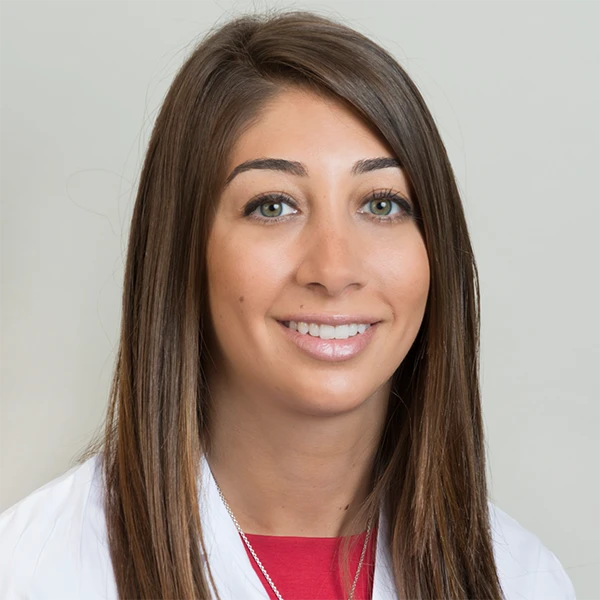

References
American Cancer Society. (2020). Alcohol use and cancer.
Baghci, D., et al. (2001). Benefits of resveratrol in women's health. Drugs Under Experimental and Clinical Research.
Bagnardi, V., et al. (2013). Light alcohol drinking and cancer: A meta-analysis. Annals of Oncology: Official Journal of the European Society for Medical Oncology.
Bagnardi, V., et al. (2015). Alcohol consumption and site-specific cancer risk: A comprehensive dose–response meta-analysis. British Journal of Cancer.
Blackburn, K. B. (2017). Alcohol and breast cancer risk: What to know. MD Anderson Cancer Center.
Breastcancer.org. (2023). Drinking alcohol.
Centers for Disease Control and Prevention. (2022). Breast cancer in men.
Chen, W. Y., et al. (2012). Moderate alcohol consumption during adult life, drinking patterns, and breast cancer risk. Journal of the American Medical Association.
Guenel, P., et al. (2004). Alcohol drinking may increase risk of breast cancer in men: A European population-based case-control study. Cancer Causes & Control: CCC.
National Cancer Institute. (2021). Alcohol and cancer risk.

